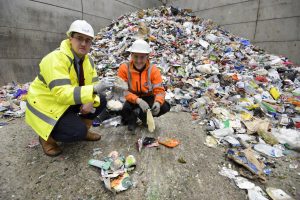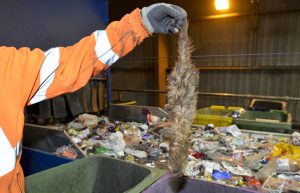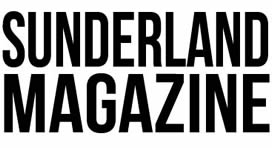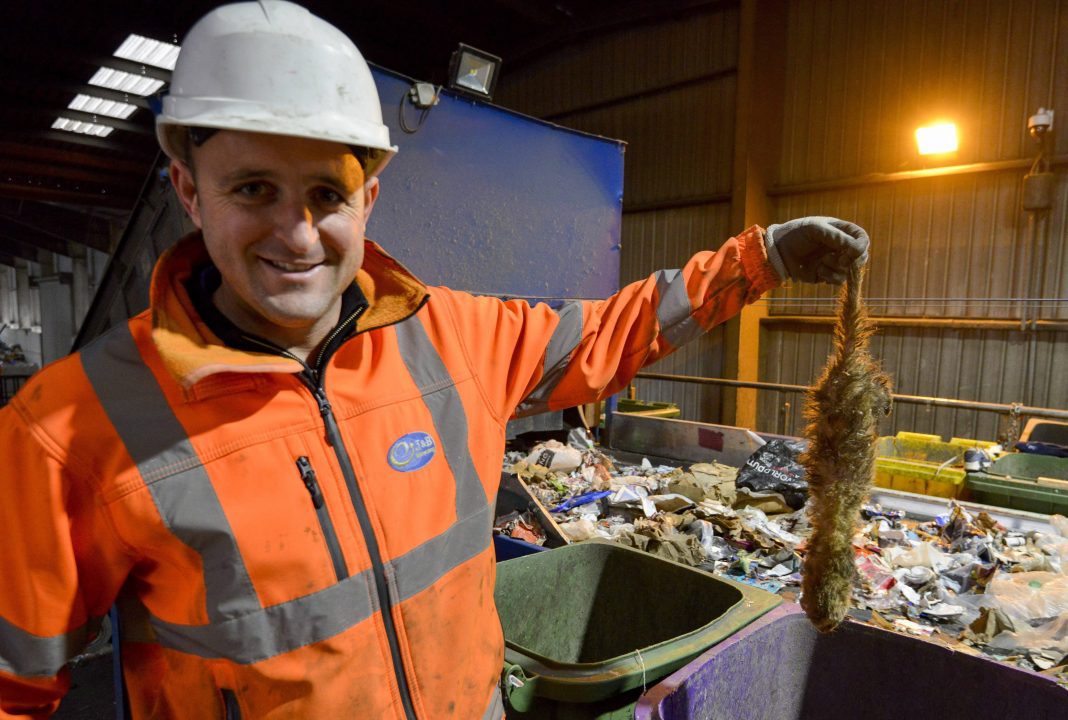Recycling rates in Sunderland are on the increase, but the council is reminding residents they can still do more.
Sunderland’s households are now recycling 30% of their waste – an improvement on last year, during which 26% of household waste was recycled.
Sunderland City Council is now running a campaign – Wash It, Squash It and Recycle It – to encourage residents to recycle more and recycle in the right way.
The council is urging householders only to put metal cans, cardboard, glass and plastic bottles in their blue recycling bins. Blue bins are often found contaminated with soiled nappies, bagged rubbish, clothing and toys.
Unusual items found in blue bins have included fluffy slippers – and even what appeared to be a ferret!

Sunderland City Council’s portfolio holder for city services, Cllr Michael Mordey, said, “I’d like to thank everyone who is helping with recycling and helping to increase recycling levels.”
“People can always help make the processing of their household recyclable waste much easier.”
“If the items for the blue bin are washed and squashed, it helps save space and you can fit more in. Plus, making sure the blue bin has the right materials in it.”
“I’ve just visited the site where material from Sunderland’s blue bins is recycled. The site is in Hartlepool and as our city’s waste was being processed there were soiled nappies in the blue bins, fluffy slippers in the blue bins and what looked like a ferret.”
“These items can’t be recycled, however hard the staff at the recycling plant work to separate them out, and this contamination means some of the recycling is rejected and sent for energy from waste.”
“The key aims of recycling are to maximise the amount of cans, glass, plastic, cardboard and paper we collect to reduce the environmental impact caused by producing new materials.”
“Because these recycled materials have a value, it is also economically much better to recycle than send contaminated materials for disposal by energy from waste.”
“If you’re in doubt about (whether an item) goes in the blue bin, don’t put it in.”
“It’s also better to use the plastic caddy inside the blue bin for all paper, including newspapers, magazines and junk mail. This makes it easier to separate out all the other materials for recycling and improves the value of the paper collected.”


The Hartlepool-based firm JB Recycling processes Sunderland’s blue bin waste. It uses high-technology equipment to process and separate the materials, but picking staff still sometimes need to remove unpleasant objects by hand.
JB Recycling’s operations director, Matthew Tyrie, said, “There are lots of materials that can be recycled to help save the environment.”
“What can make recycling more difficult is if Sunderland’s blue bins are contaminated, especially with plastic bags, toys, used nappies and food waste.”
If you have any questions about recycling, please contact Sunderland City Council at Sunderland.gov.uk.
(Featured image courtesy of #NorthNewsAndPictures/2daymedia)
















